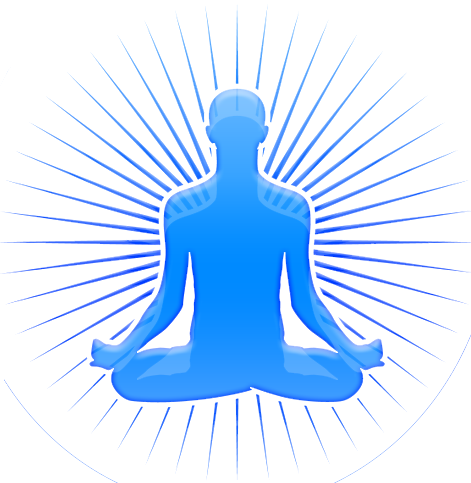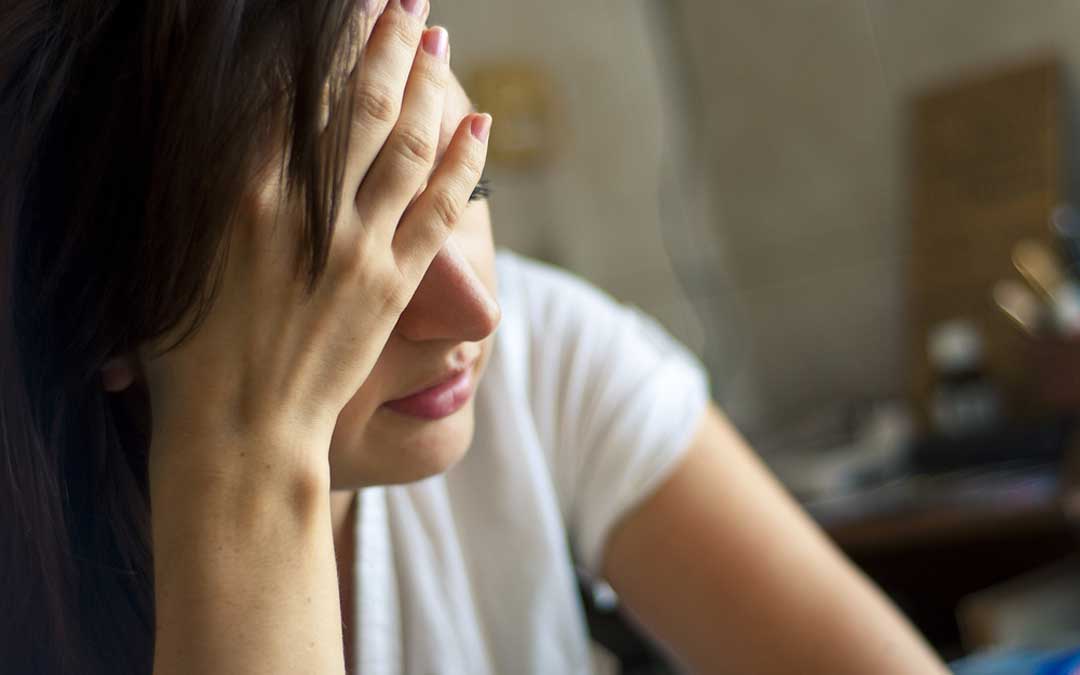Depression Headache
Depression Headache is a condition that affects millions of people worldwide. Sufferers experience intense headaches, neck pain, and fatigue, all of which can be debilitating. The good news is that there are treatments available, and in this article we’ll discuss four of the most common types of depression headaches and their treatment.
What is Depression Headache?
Depression headaches are a type of headache that is frequently caused by depression. They can be very debilitating and can make it difficult to function day-to-day. There is not always a specific cause for depression headaches, but they are typically the result of a combination of factors including stress, anxiety, and dehydration.
There are many things you can do to treat depression headaches, including using over-the-counter painkillers and taking breaks from work or school. If the headaches are severe, your doctor may recommend medication to treat the underlying depression.
If you experience depression headaches, talk to your doctor about how best to manage them.
Symptoms of Depression Headache
Depression is a serious mental health condition that can lead to headaches. Here are some symptoms to watch for:
Headache that is constant, severe and lasts more than three days
Headache that worsens with stress or activity
Headache that comes on gradually over time and gets worse with stress
Headache that is worse in the morning or evening
Headache that is aggravated by light or sound
Headache that is accompanied by feelings of sadness, hopelessness, or worthlessness
Headache that is worsened by caffeine or alcohol
If you are experiencing any of these symptoms, it is worth considering seeking professional help.
Depression and headache are often linked, but there is not always a clear cause and effect. While it is possible that depression can cause headaches, it is also possible that headaches can lead to depression. It is important to seek out medical help if you are experiencing significant headaches that are worsening with your mental health condition.
Some treatments for depression, such as medications or therapy, can also help relieve headaches. If you are experiencing severe headaches that are not improving with medication or therapy, it may be worth seeking additional medical attention.
Sensitivity to light and sound, plus fatigue and lost appetite
Prevention of Depression Headache
Depression is a serious psychiatric condition that affects an estimated 19 million people in the United States. It is the leading cause of disability among adults, and the third leading cause of death in U.S. adults. Major depressive disorder (MDD) is a form of depression that is characterized by persistently low mood, decreased energy, feelings of sadness and isolation, and decreased interest in activities formerly enjoyed. MDD is also accompanied by significant changes in sleep patterns (ie, insomnia or hypersomnia), weight gain or loss, and habits (eg, smoking cessation).
The most common sources of depression-related pain are headaches. Headache prevalence increases with severity of depression, and those with MDD are more than three times as likely to have headaches than those without MDD. The main types of headaches associated with MDD are migraine and tension-type headache.
There is no single cause for depression-related headache, but it appears to be related to changes in brain function that occur with depression. Headache may also be a marker for other comorbid conditions such as anxiety or stress, which can worsen symptoms of depression.
100 Years Ago Headaches And Migraines Were Cured In Seconds So Click The Button Below To Learn These Ancient Home Remedies. Spiritual-Discoveries Continue To Bring Such Spiritual Discoveries .

